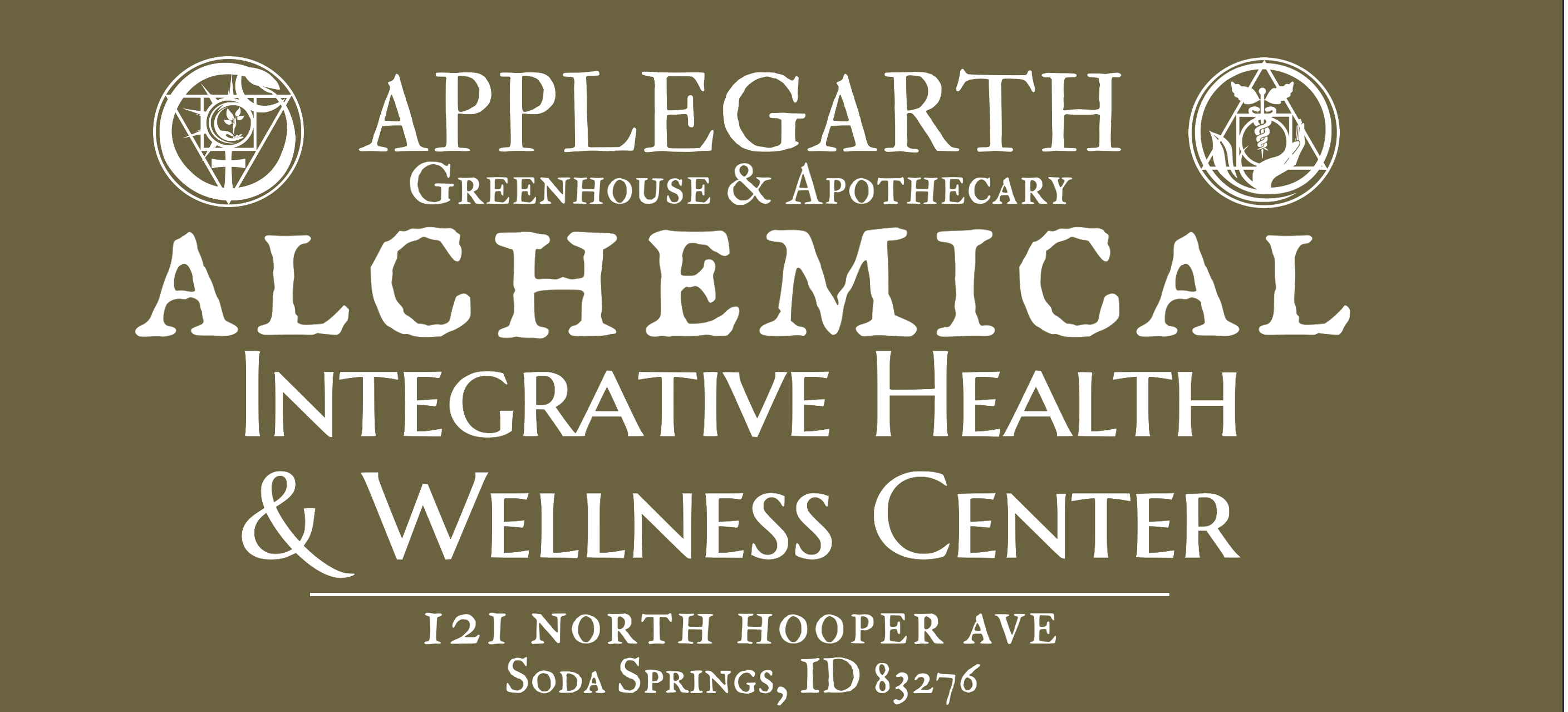Blog

Caribou Highlander Emergency Preparedness Group
Mission Statement: The Soda Springs Caribou Highlanders are dedicated to fostering a resilient and prepared community through education, coordination, and mutual support in times of emergency. Rooted in the values of self-reliance, cooperation, and stewardship, we strive to empower individuals and families with the knowledge, skills, and resources necessary to respond effectively to natural disasters, extreme weather, and unforeseen crises.
By promoting proactive emergency planning, strengthening local networks, and advocating for sustainable preparedness practices, we seek to enhance the safety, security, and well-being of all residents in Soda Springs and the Caribou Highlands region. Together, we stand ready to protect, support, and uplift our community—because preparedness is the key to resilience.
Here is a list of Activities for the Caribou Highlander Emergency Preparedness Group
Training & Education
- Basic Emergency Preparedness Workshops – Covering food storage, water purification, emergency kits, and shelter-in-place strategies.
- First Aid & CPR Certification – Partnering with local health organizations to provide life-saving skills.
- Fire Safety & Wildfire Preparedness – Training on fire prevention, evacuation planning, and proper use of fire extinguishers.
- Self-Sufficiency & Survival Skills – Teaching food preservation, alternative heating, off-grid power solutions, and bushcraft basics.
- Amateur (HAM) Radio Licensing Classes – Enabling effective emergency communication when conventional methods fail.
Community Drills & Simulations
- Emergency Evacuation Drills – Practicing rapid response plans for earthquakes, floods, or wildfires.
- Search & Rescue Exercises – Collaborating with local authorities to train volunteers in missing person searches.
- Disaster Scenario Simulations – Running mock scenarios for severe weather events, grid failures, or mass casualty incidents.
- CERT (Community Emergency Response Team) Training – Teaching citizens how to assist in emergencies before first responders arrive.
Resource Management & Mutual Aid
- Community Emergency Supply Depot – Establishing a central hub for emergency supplies like food, water, medical kits, and fuel.
- Neighborhood Watch & Mutual Aid Networks – Organizing local response teams to assist elderly or vulnerable residents during crises.
- Local Food & Water Security Initiatives – Supporting community gardens, rainwater harvesting, and sustainable food storage methods.
Public Outreach & Awareness
- Monthly Preparedness Meetings – Providing ongoing education and updates on current threats and preparedness strategies.
- Public Awareness Campaigns – Sharing emergency preparedness tips through social media, flyers, and local radio.
- Collaboration with Schools & Youth Groups – Teaching children and teenagers essential emergency skills.
Specialized Preparedness Initiatives
- Winter Survival & Cold-Weather Preparedness – Focusing on vehicle safety, heating alternatives, and hypothermia prevention.
- Power Outage & Grid Failure Readiness – Educating on backup power sources, battery banks, and EMP protection.
- Pandemic & Biological Hazard Preparedness – Providing education on disease prevention, personal protective equipment (PPE), and sanitation.
- Active Shooter & Security Awareness – Teaching situational awareness, self-defense, and emergency response protocols.
Outdoor & Wilderness Readiness
- Navigation & Orienteering Training – Teaching map reading, compass use, and GPS skills for emergency situations.
- Wilderness First Aid & Survival – Covering essential skills for those who hunt, hike, or live in remote areas.
- Emergency Shelter Building Workshops – Demonstrating how to construct makeshift shelters in case of displacement.
Volunteer & Community Service
- Assisting Local Emergency Services – Supporting firefighters, EMTs, and law enforcement during crises.
- Disaster Relief & Recovery Efforts – Mobilizing volunteers to aid affected residents after an emergency.
- Adopt-a-Family Emergency Assistance – Providing supplies and resources to those in need during hardship.
